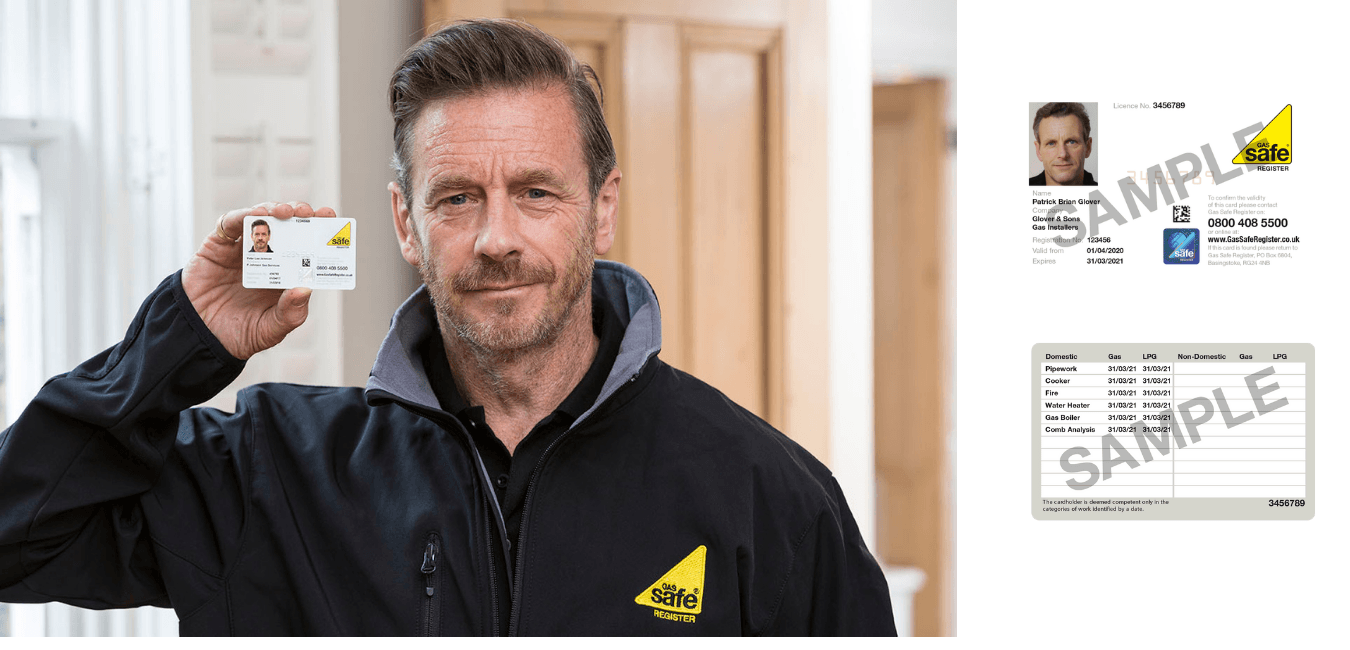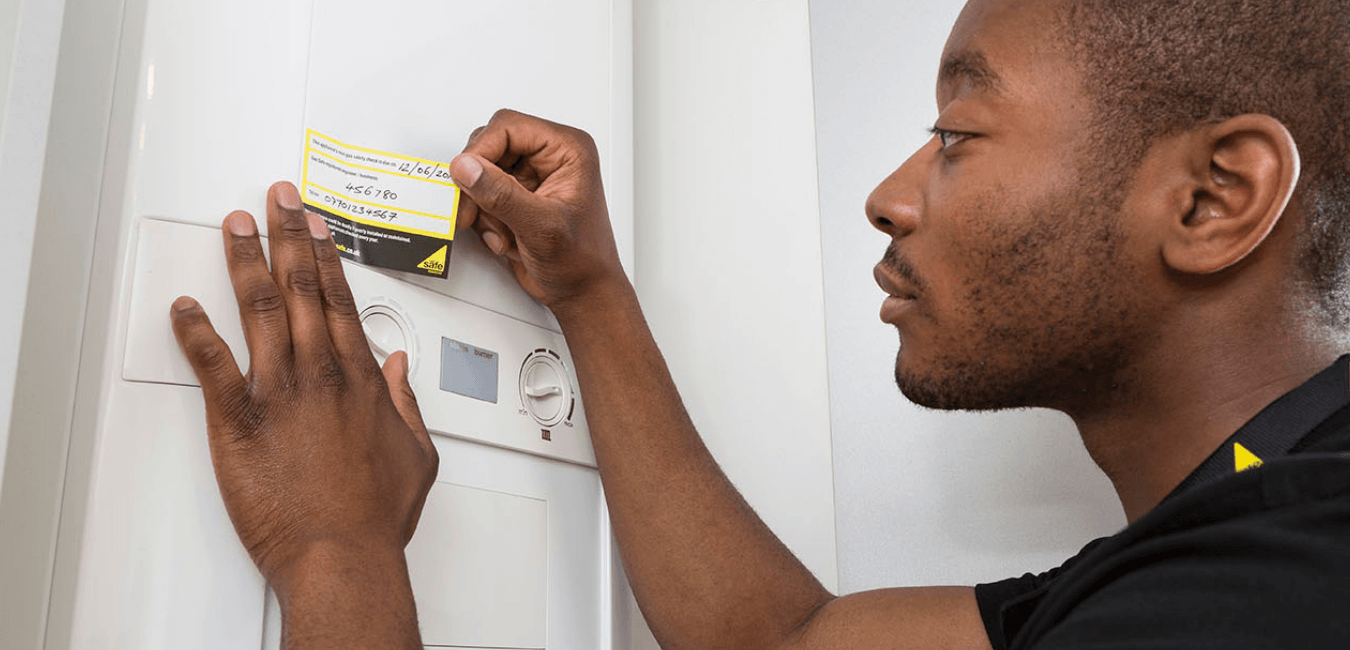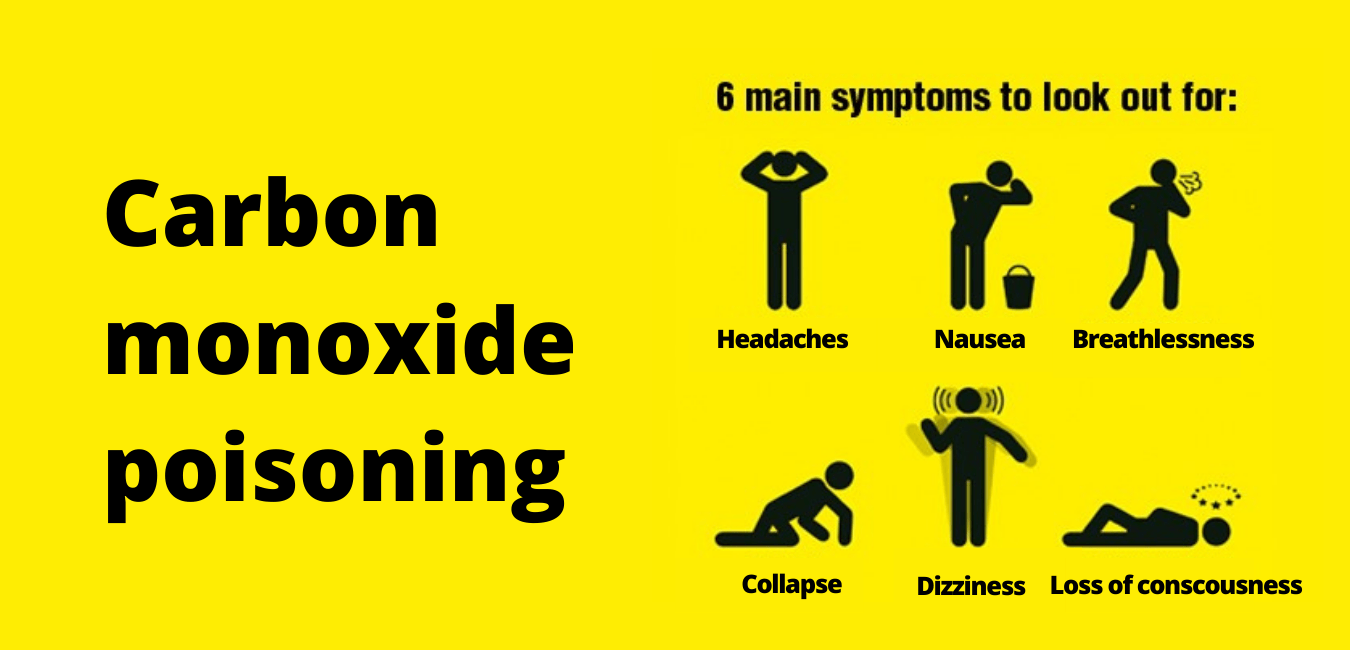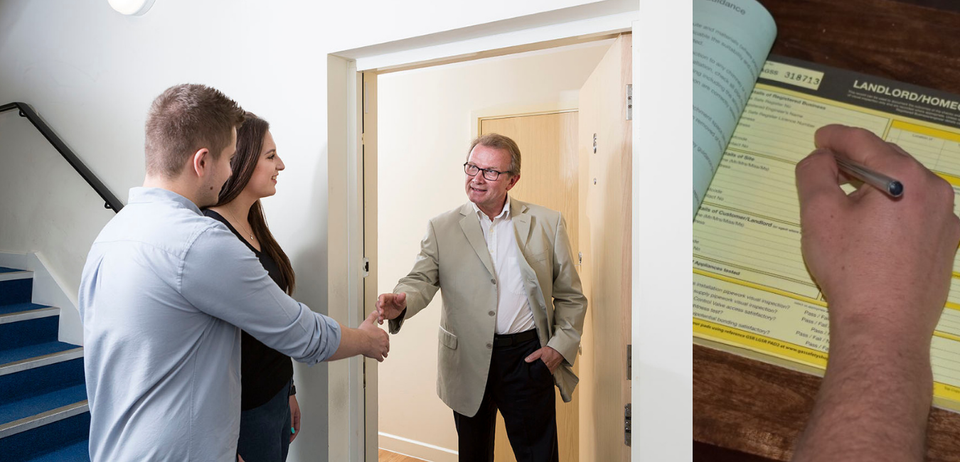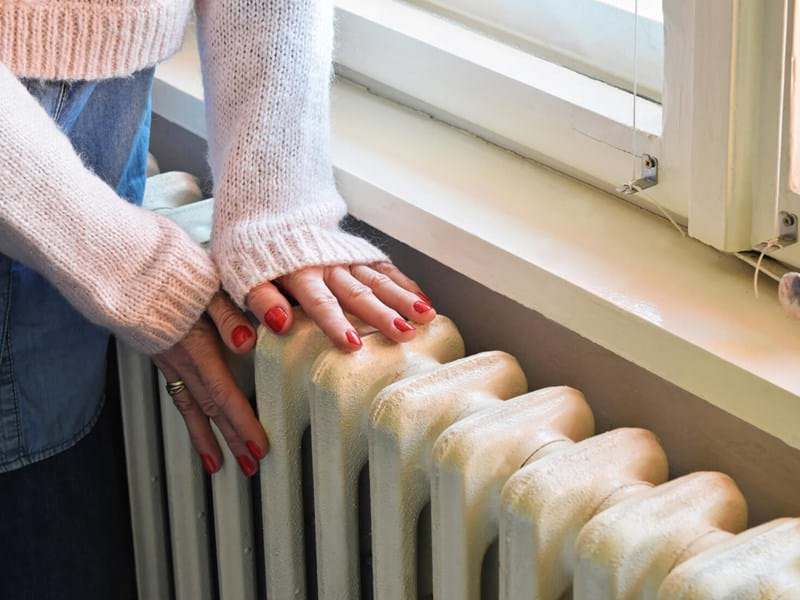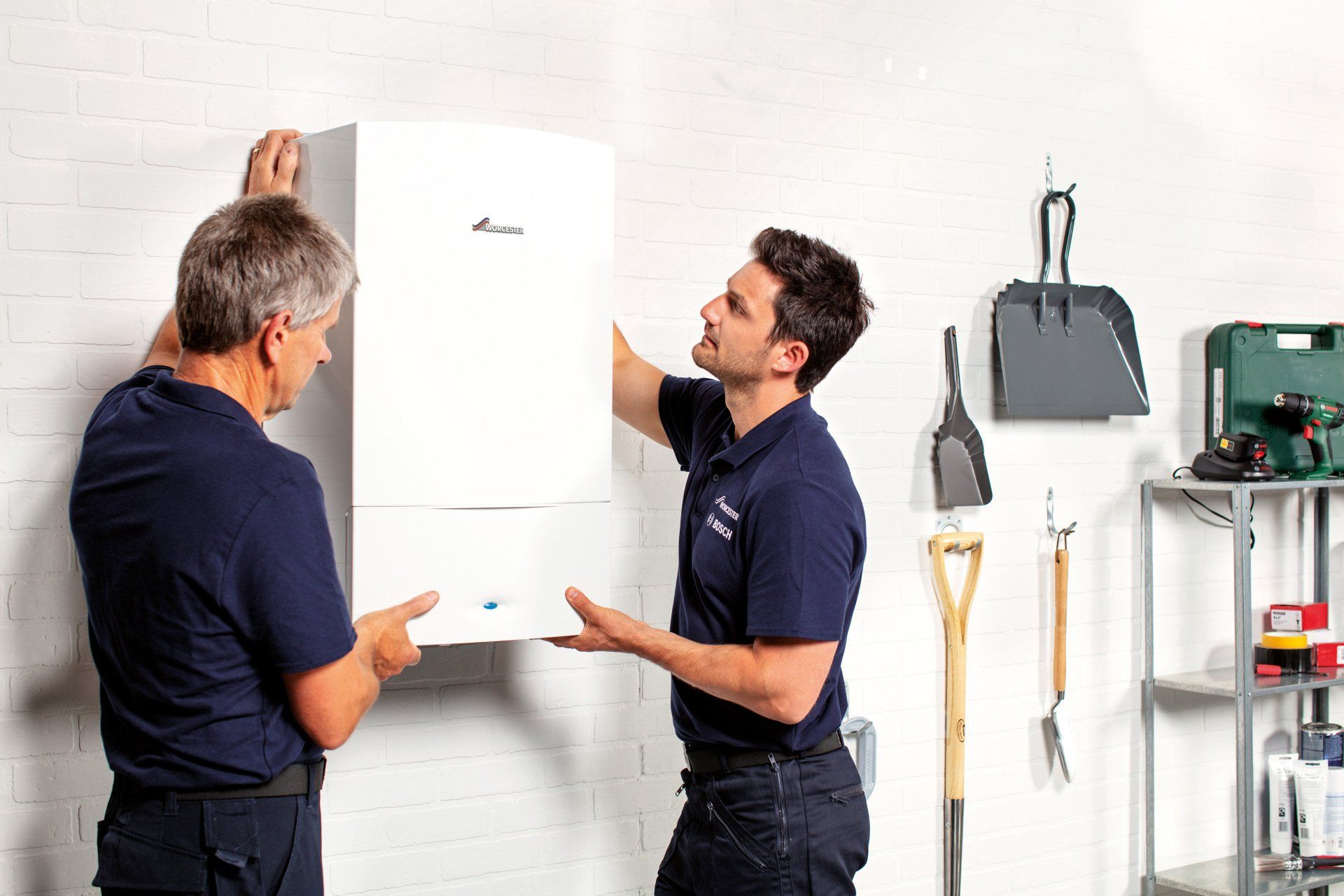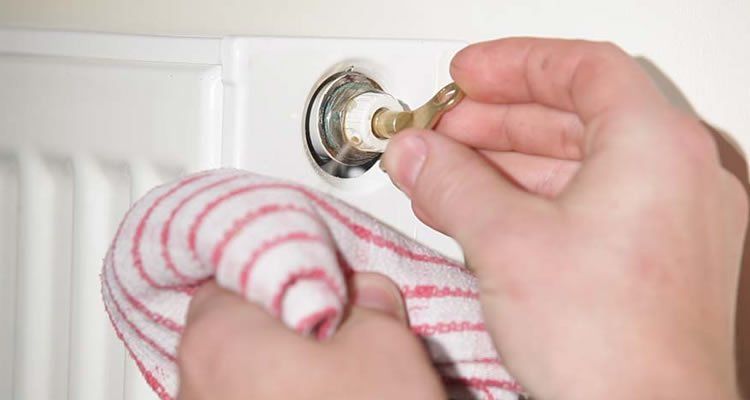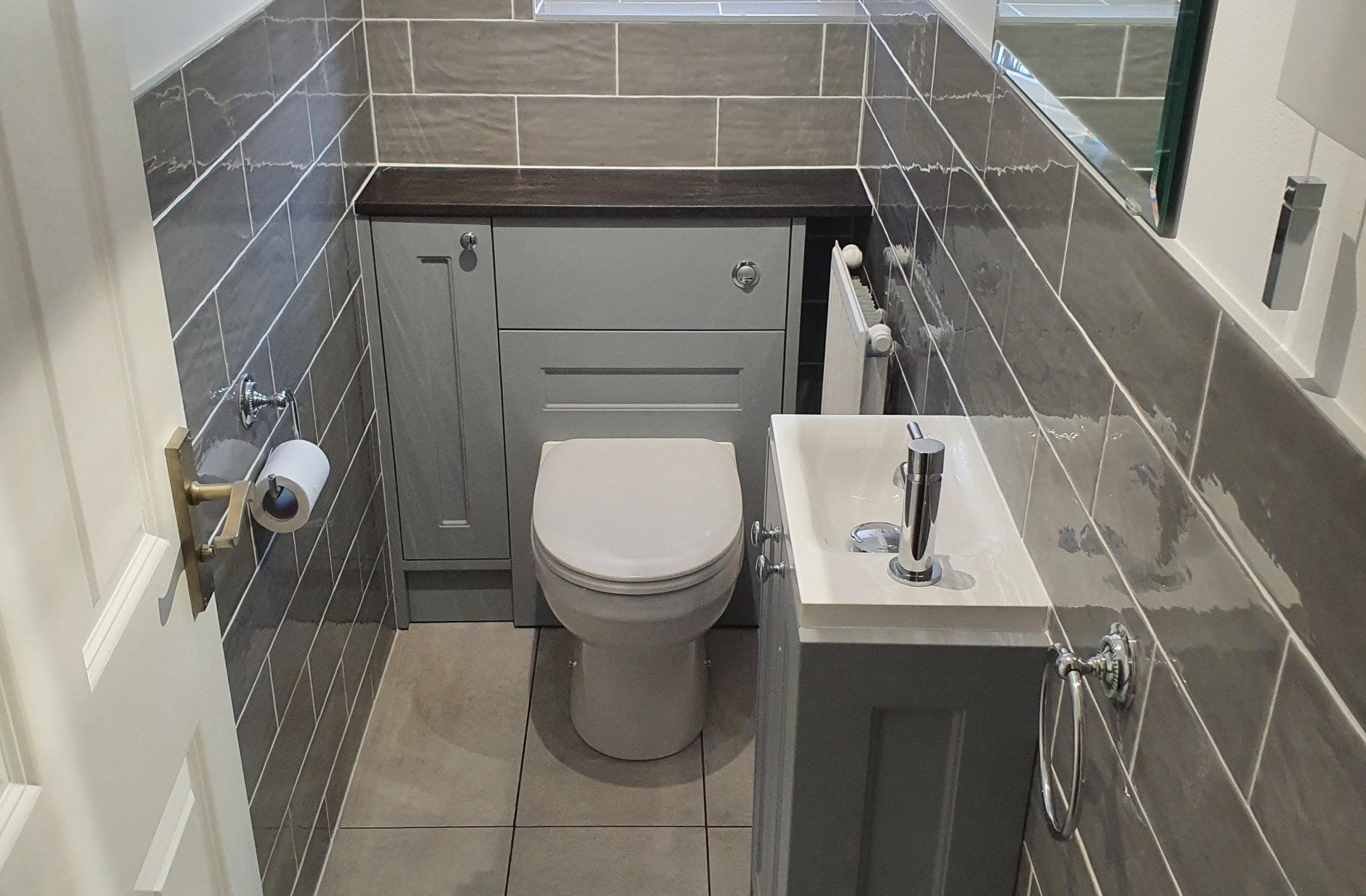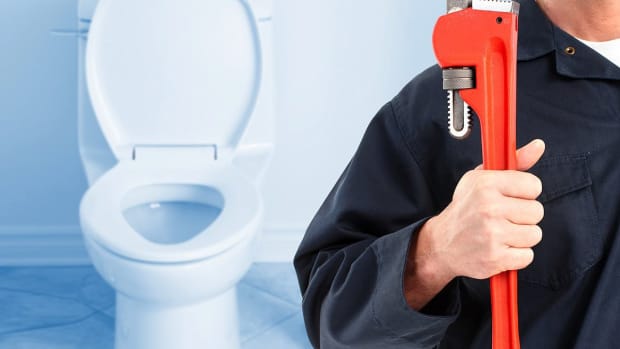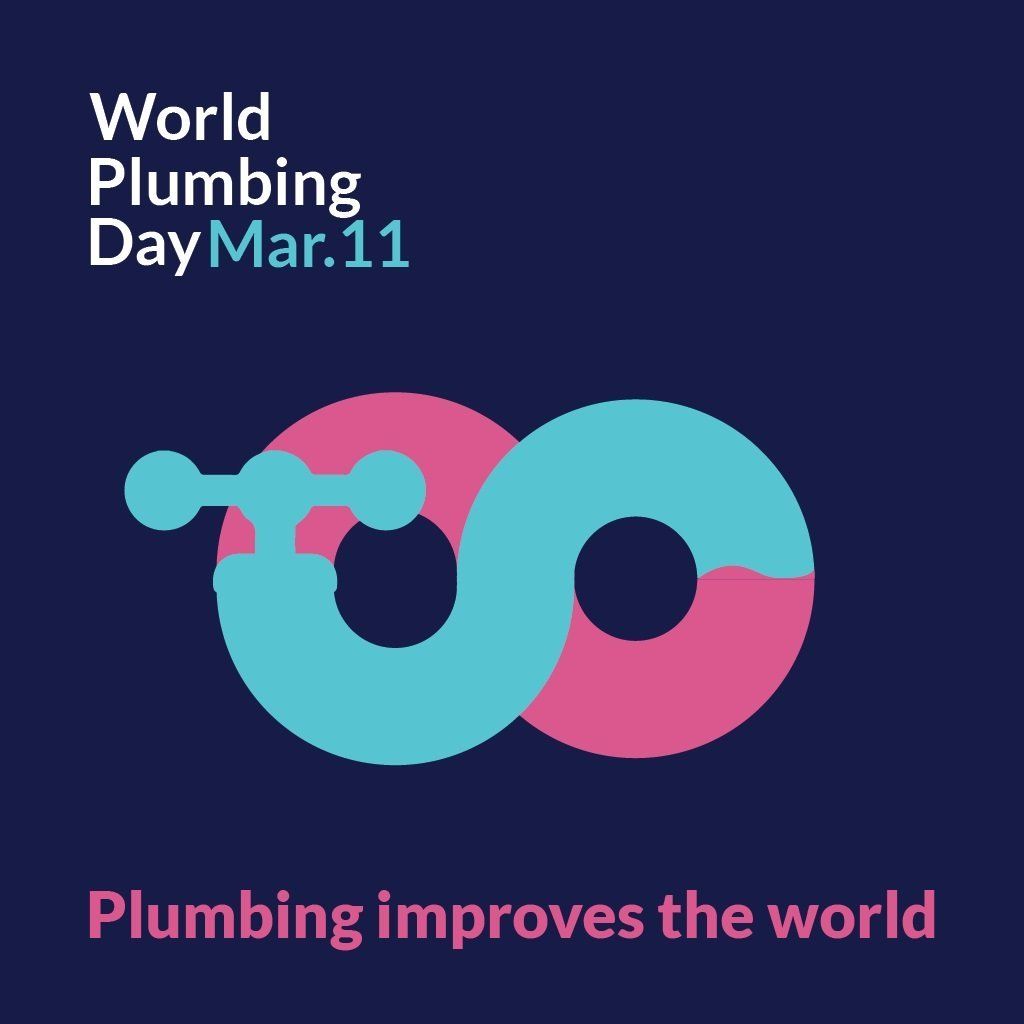Gas Safety Tips
Gas Safety Tips
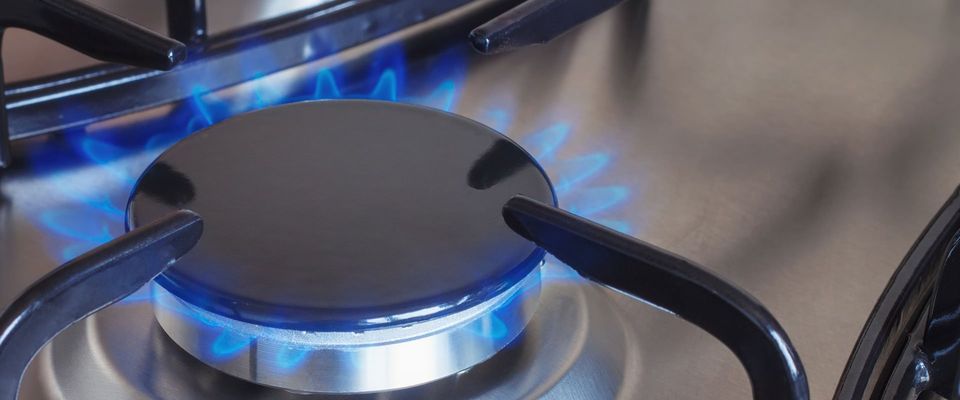
Unsafe gas work and poorly maintained gas appliances pose a serious risk to you . Please view below to see how you can keep safe around gas appliances.
Use a Gas Safe registered engineer:
Remember to use a gas safe registered engineer when it comes to gas work, otherwise you are putting yourself at risk to an unsafe gas appliance!
Check your engineers Gas Safe Id card so you know they are qualified to do the gas work they'll be carrying out.
All our engineers are gas safe registered and will happily show you their Gas Safe ID card.
Get your appliances checked:
Every gas appliance should be checked every year by a Gas Safe registered engineer, for example you may get your boiler serviced but what about your gas cooker or gas fire? If your gas appliance starts to malfunction it could cause a serious risk to your health and even your life!
Any gas appliance in your home can produce carbon monoxide which is an odourless and invisible highly poisonous gas which occurs when natural gas or LGP doesn't burn properly. This could be a result of a gas appliance being improperly fitted, repaired or maintained or when outlets such as flues and vents get blocked.
The risk of an unsafe gas appliance could cause a gas leak which can cause fires or explosions and can cause carbon monoxide poisoning.
Carbon Monoxide:
CO Poisoning
CO poisoning symptoms are similar to a flu, food poisoning, fatigue and a hangover which can have complications on your health/life.
The six main symptoms to look out for are
- Headaches
- Dizziness
- Nausea
- Breathlessness
- Collapse
- Loss of consciousness
Being aware of the symptoms could save your life- also look out for symptoms that occur only at home but disappear when you leave and others in the household experiencing similar symptoms.
Signs of a carbon monoxide leak?
- Floppy yellow or orange flame on your gas hob, rather than a crisp blue flame.
- Dark, sooty staining around or on your gas appliance.
- Pilot lights that frequently blow out
- Increased condensation inside windows
Installing an accredited carbon monoxide leak detector in your home will help you stay safe, as they emit a sound when CO is detected. However because an alarm only activates when there is CO present, you should never rely on them as prevention.
Make sure the alarm you buy is marked EN 50291 and has the British Standards Kitemark.
Landlords and Gas Safety:
The Gas Safety (Installation and Use) Regulations 1998 outline your duties as a landlord to make sure all gas appliances, fittings, chimneys and flues are safe and efficient.
- Gas Safety Checks- to ensure your tenants safety all gas appliances and flues need to undergo an annual gas safety check which will provide you with a Landlord Gas Safety Record.
- Gas Safety Record- you will need to provide a record of the gas safety check to you tenants.
- Maintenance- you need to ensure all gas pipework, appliances, chimneys and flues are kept in a safe conditions

